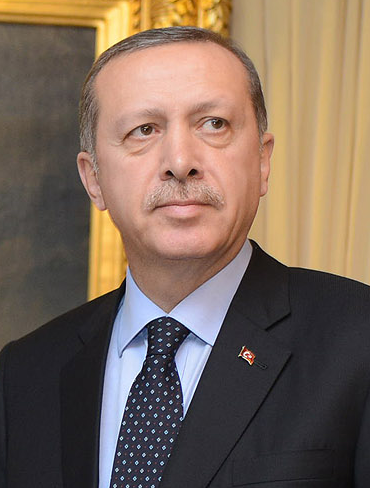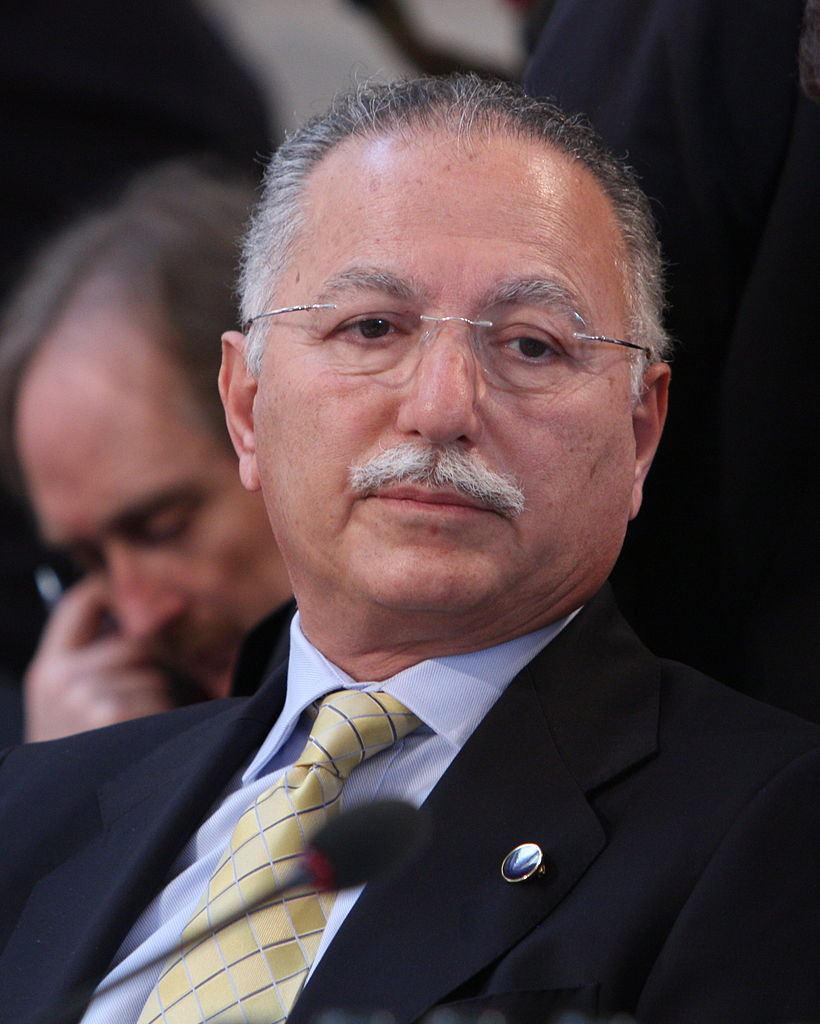ISTANBUL, Turkey—Turkey chooses Sunday among three candidates for president, a post that until now has been largely ceremonial. Turkey’s 12th president will become the first to be directly elected by voters instead of by Parliament.
A candidate needs an absolute majority to win outright on Aug. 10. If none succeeds, a runoff will be held two weeks later on Aug. 24—with victory going to the candidate with the most votes. The presidency has a five-year term.
Here is a look at the three candidates.

Prime Minister Recep Tayyip Erdogan
The 60-year-old Erdogan, who has dominated Turkish politics for the past decade, is widely expected to win—possibly even in the first round. A gifted public orator who grew up in a tough neighbourhood of Istanbul, Erdogan leads the Islamic-rooted Justice and Development Party, or AKP, whose support base is the Turkish heartland. He has focused his campaign on burnishing his reputation as a man of the people who engineered an economic boom, while heaping scorn on his opponents.
Erdogan has said he favours strengthening the position of president, and has vowed to tap unused powers allowed under the current constitution, such as the right to convene Cabinet meetings.
He is credited with bringing development and prosperity to neglected parts of the country, expanding the health care system and improving the rights of ethnic minorities such as the Kurds. He has championed the cause of devout Muslim women banned from wearing headscarves in public institutions under Turkey’s secular laws.
But he has also been harshly criticized for his divisiveness and populism. He has displayed increasingly autocratic tendencies and clamped down on the media, banning—albeit temporarily—Twitter and YouTube. Many fear he will also impose increasingly religious mores on a country that has prided itself on its secular foundations.
In the past year, Erdogan has been dogged by corruption scandals, which he dismisses as an attempted coup.

Ekmeleddin Ihsanoglu
Ihsanoglu is a mild-mannered scientist and academic who served as the secretary-general of the Organization of Islamic Cooperation from 2004-14. He is backed by about a dozen opposition parties, including the two main ones: the centre-left Republican People’s Party and the right-wing Nationalist Movement Party. Ihsanoglu, 70, has focused his campaign on unity and inclusiveness, promising to ensure the presidency would be for all Turks.
Ihsanoglu, who speaks Arabic, English and French, was born and raised in Cairo—a fact Erdogan has attempted to exploit by casting doubt on his ‘Turkishness.’ As a religious man who is also a secularist, he has been considered the best option to attract voters from a wide base, including former AKP voters.
Ihsanoglu has suffered from fewer financial resources and media exposure than Erdogan, as well as arriving on Turkey’s political scene as a relative unknown.

Selahattin Demirtas
An ambitious young Kurdish politician, Demirtas heads the left-wing People’s Democratic Party. A lawyer by trade, he became involved in human rights groups in Turkey’s Kurdish region and began his political career in 2007. He has focused his campaign on championing the cause of the oppressed, the poor, the young and the working classes.
Although expected to come in third place, Demirtas has already achieved huge success by bringing Kurdish rights issues onto the national political scene, analysts say. Just a few years ago, when Kurds—Turkey’s largest ethnic minority—were banned from studying their language in school and faced widespread discrimination, it would have been unthinkable for someone from the minority to be running for president.
Kurds fought a guerrilla war for decades against Turkish forces in the country’s southeast, with fighting continuing until last year.
Demirtas is considered key in attracting the Kurdish vote away from Erdogan, who enjoys the support of many Kurds—estimated at 20 per cent of the population—for improving human rights and easing restrictions in the Kurdish regions.